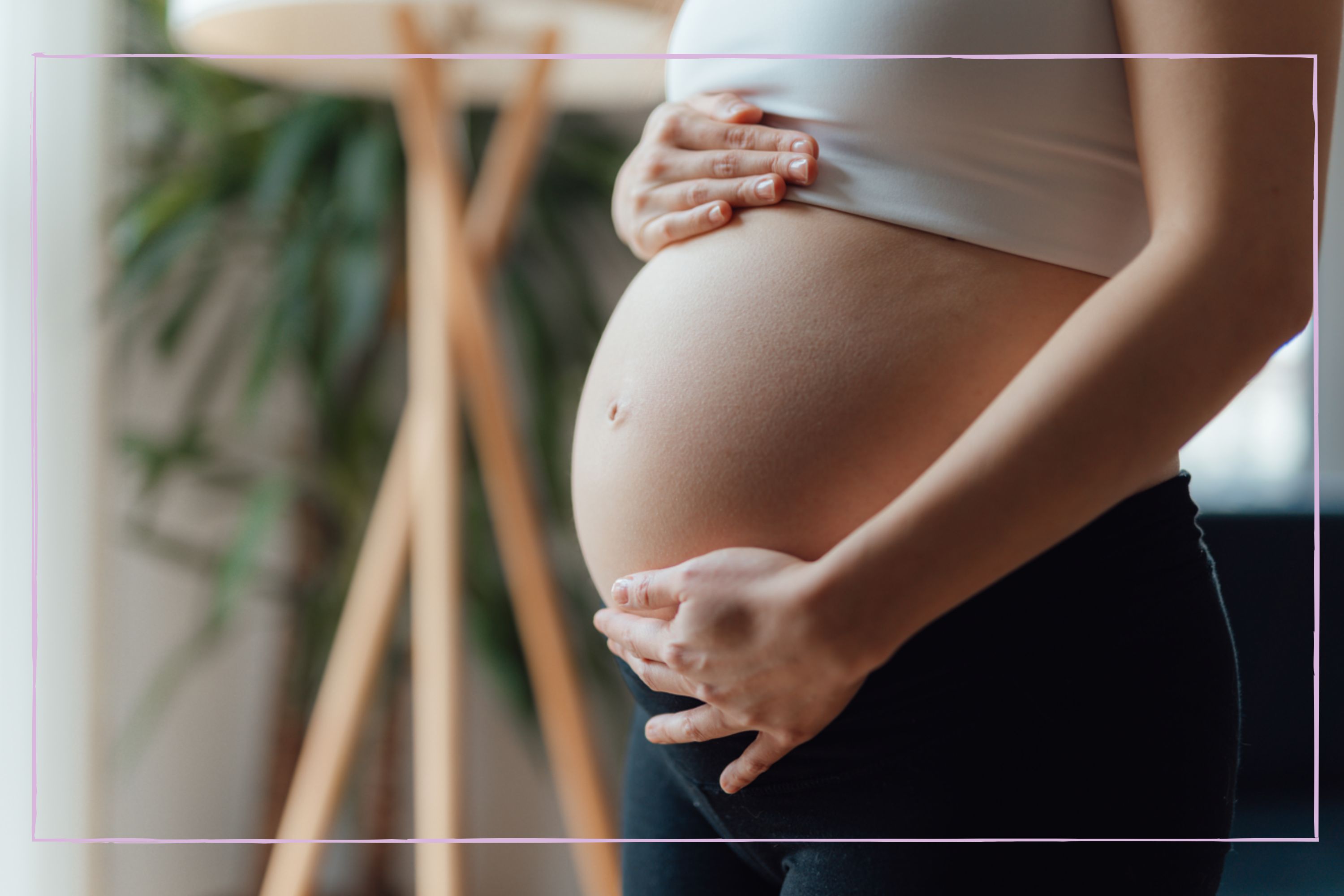Scientists say pregnancy can make you age faster - and it could add up to three months to your biological age
Though the effects might not be as dramatic for older mothers...


A new study has found that pregnancy speeds up biological ageing in women, but fathers are unaffected.
While expecting a child is a magical time for many, the early signs of pregnancy can take a toll on the body. From pregnancy cravings to morning sickness, there are some aspects that can make pregnancy an uncomfortable experience.
And now, new research has shown that pregnancy may also speed up biological ageing in women. The news comes after a study was published in Proceedings of the National Academy of Sciences, which looked at the reproductive histories and DNA samples from 1,735 people in the Philippines to investigate how pregnancy affects ageing for both men and women.
The study involving 825 young women found that each individual pregnancy a woman reported was linked with an additional two to three months of biological ageing. In addition, women who had been pregnant more often looked biologically older than those who reported fewer pregnancies.
This relationship between pregnancy and biological ageing was still evident when socioeconomic status, smoking, genetic variation and the built environment were accounted for.
The research is the first to follow the same women through time, linking changes in each woman’s pregnancy number to changes in her biological age.
However, no link was found between biological ageing and the number of pregnancies fathered by 910 men from the same survey. This suggests that it is something about pregnancy or breastfeeding specifically that accelerates biological ageing. The researchers theorised that the acceleration in biological ageing primarily occurs because of the physical toll pregnancy can take on the body.
Parenting advice, hot topics, best buys and family finance tips delivered straight to your inbox.
Calen Ryan, the lead author of the study and an associate research scientist at the Columbia Aging Center, said: "Our findings suggest that pregnancy speeds up biological ageing, and that these effects are apparent in young, high-fertility women. Our results are also the first to follow the same women through time, linking changes in each woman’s pregnancy number to changes in her biological age."
However, he added that it is important to take context into account when looking at the findings, saying, "Many of the reported pregnancies in our baseline measure occurred during late adolescence, when women are still growing. We expect this kind of pregnancy to be particularly challenging for a growing mother, especially if her access to healthcare, resources or other forms of support is limited."
Calen emphasised that we still have a lot to learn about the role of pregnancy in the ageing process, and it is not known exactly how this accelerated biological ageing will impact health or mortality later in life.
In related features, we find out the real reason why more boys are born than girls, and we've rounded up 10 of the best maternity bras. Elsewhere, check out this easy-to-use ovulation calculator.

Ellie is GoodtoKnow’s Family News Editor and covers all the latest trends in the parenting world - from relationship advice and baby names to wellbeing and self-care ideas for busy mums. Ellie is also an NCTJ-qualified journalist and has a distinction in MA Magazine Journalism from Nottingham Trent University and a first-class degree in Journalism from Cardiff University. Previously, Ellie has worked with BBC Good Food, The Big Issue, and the Nottingham Post, as well as freelancing as an arts and entertainment writer alongside her studies. When she’s not got her nose in a book, you’ll probably find Ellie jogging around her local park, indulging in an insta-worthy restaurant, or watching Netflix’s newest true crime documentary.